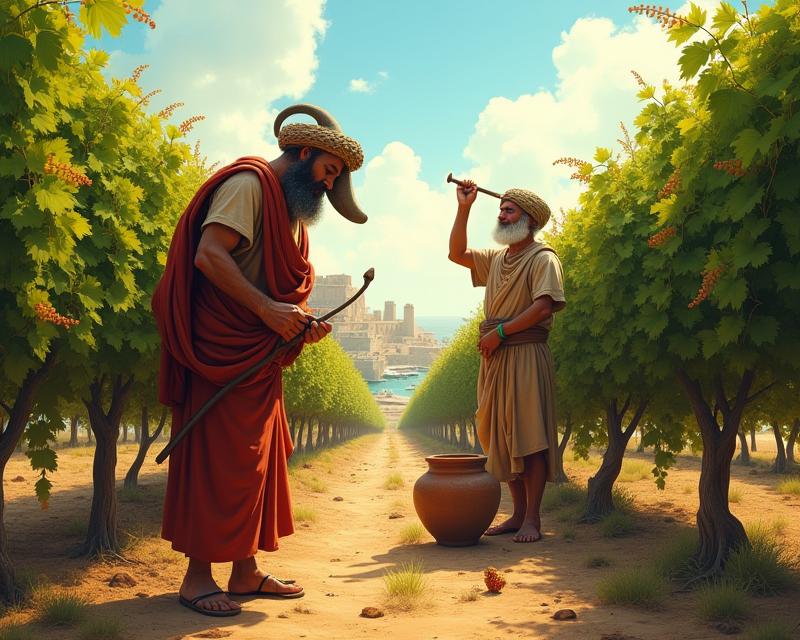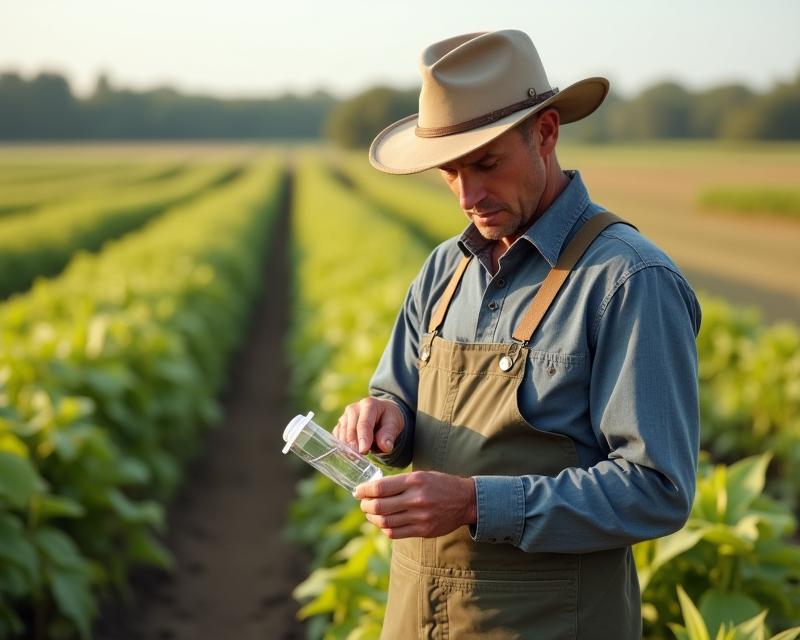GMOs & Public Opinion: What Farmers Need to Know
Publish in Agriculture el 06/07/2025 17:59
GMOs & Public Opinion: What Farmers Need to Know
Hey everyone! As farmers, gardeners, and ranchers, we're constantly dealing with evolving information and changing consumer demands. One area that often sparks debate is genetically modified organisms, or GMOs. It's crucial to understand how public perception of GMOs is shaped, especially by the media, because it directly impacts how consumers view our products and, ultimately, our livelihoods.

So, what's the current landscape? Public opinion on GMOs is surprisingly complex and often influenced by misinformation. Studies show that a significant portion of the population holds negative views about GMOs, despite scientific consensus supporting their safety. This negativity isn't necessarily based on concrete evidence but often stems from concerns about potential health risks, environmental impacts, and corporate control of the food supply. The media plays a huge role in amplifying these concerns, sometimes presenting sensationalized stories or focusing on isolated incidents without providing the full context.
Think about it – news headlines often highlight potential risks, even if those risks are extremely low. A single, poorly researched article can linger in people's minds, shaping their overall perception. Furthermore, social media algorithms can create echo chambers, reinforcing existing beliefs and making it difficult for accurate information to reach those who need it. This can lead to distrust in scientific institutions and agricultural practices, even when those practices are designed to improve crop yields, reduce pesticide use, or enhance nutritional value.
As farmers, we have a responsibility to be informed about these perceptions and to be able to communicate effectively with consumers. Sharing information about the rigorous testing and regulatory processes that GMOs undergo can help build trust. Highlighting the benefits of GMOs – like drought resistance, pest resistance, and increased yields – can also be valuable. Simple, clear explanations, backed by scientific facts, are key. Don't be afraid to engage in conversations with consumers and address their concerns with empathy and understanding. Ultimately, transparency and open communication are essential for fostering a more informed and positive public perception of GMOs and the agricultural industry as a whole. Let's work together to ensure consumers understand the science and appreciate the role GMOs can play in feeding a growing world.





